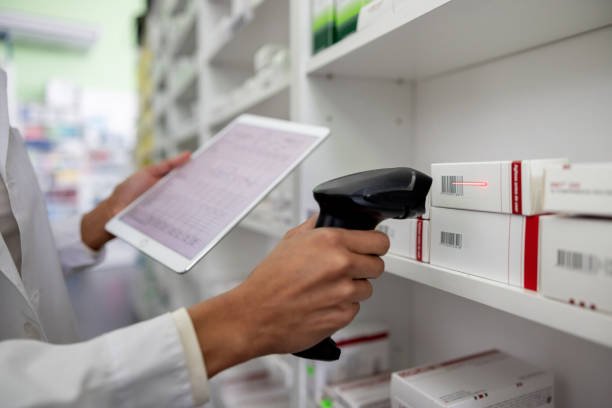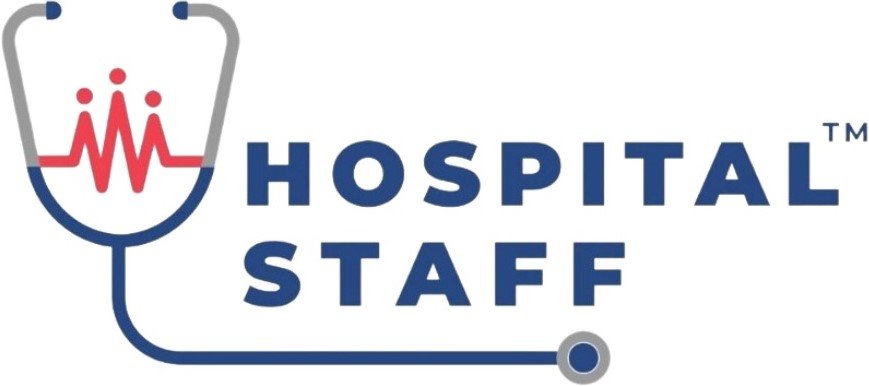Pharmacists we all know about basically refer to the ones who work in the pharmaceutical industry to give patients the necessary medication. But here we will oversee the hospital pharmacist and the role of the pharmacist in the hospital. The job of a hospital pharmacist is different and is crucial in the healthcare industry, just like the many workers in the healthcare sector. Their duties go well beyond simply giving out prescriptions; they are essential to the efficient and secure provision of patient care. A hospital’s pharmacist job is a very different and significant role than a clinic or retail setting. The responsibilities and role of hospital pharmacists will be explained in this article, along with how hospital pharmacists function.
hospital pharmacist functions

1. Informing patients
Informing the patient about the medication is the fundamental responsibility of the pharmacist in the hospital. This involves disclosing any potential drug adverse effects and offering alternative medicine if something goes wrong. Additionally, they must advise the patients about the timing of their medications. Additionally, this entails teaching the family of patients in the intensive care unit about their prescribed medicine regimen. All of this promotes patient compliance, which leads to positive reviews and outcomes in hospitals.
2. Maintaining Drug Charts
It is the role of the pharmacist in the hospital to create, oversee, and manage the medication chart. This helps hospital staff ensure that patients are receiving the right prescription instructions. These records also assist the nurses in understanding the kind of medication the patients require, which may include inhalers and tablet injections. The use of medication charts by hospital pharmacists facilitates efficient communication with nurses, doctors, and nutritionists.
3. Reviewing Drug Charts
The patients are unaware of their medication while they are being discharged. A hospital pharmacist’s job includes informing patients about the medications they must take. When a patient leaves the hospital, the hospital pharmacist’s function is to check each patient’s medication to make sure the prescription matches the one shown in the discharge summary. They should also ensure the medication is in the right form and advise them on dosage.
4. Keeping Updated
This is just one of the numerous hospital pharmacists functions, but it’s equally crucial. It’s the role of the pharmacist in the hospital to stay informed about any new medications that are on the market as well as any current advancements in the industry. To do this, the pharmacist in the hospital should routinely check the database of medications they stock and read research articles regarding medications and novel drugs. This will enable them to develop a novel medication that they can suggest the hospital purchase.
Clinical Consultations
Hospital pharmacists are essential members of clinical teams, and one of their responsibilities is to frequently take part in rounds with physicians, nurses, and other medical specialists. By doing this, the pharmacist will also be in a position to prescribe the optimal course of therapy and offer insightful commentary on the pharmacological components of treatment plans. Their knowledge aids in customizing drug schedules to maximize therapeutic benefits and reduce risks.
Dispensing Medicine
The hospital pharmacist plays a crucial role in dispensing medications. Here, a mistake by the hospital or the pharmacy is not an option. because mistakes with medications can have serious, even fatal, effects. Because of this, pharmacists carefully check that every prescription or drug order is appropriate for the patient’s particular needs and medical condition. They compare the patient’s medical history, current therapies, and prescription names, doses, and administration methods.
Quality Assurance
One of a pharmacist’s numerous responsibilities in a hospital is to guarantee the quality control of medications by organizing and upholding protocols for reasons other than carrying them out, like mixing and labeling medications by regulations. To ensure compliance with industry rules and procedures, the pharmacy collaborates and works together with analytical testing facilities. As part of quality assurance, the hospital pharmacist’s job is also to ascertain the identification, potency, and purity of medications.
Other Common Roles of Pharmacists in Hospitals

Pharmacists in hospitals have a range of crucial responsibilities, but they also handle many routine daily tasks. In addition to managing the hospital’s pharmacy and ensuring an up-to-date supply of medications, they are responsible for purchasing medications from suppliers and securely processing orders. Hospital pharmacists play a key role in emergency situations by providing the necessary medications quickly. They also ensure that patients are taking their medications correctly, as prescribed by their doctors. Moreover, pharmacists collaborate with doctors, assist in conducting pharmacy-related research, and contribute to the development of specialized medical treatments.
Conclusion
The role of the pharmacist in a Hospital is very crucial to providing patients with high-quality treatment. Pharmacists play a vital role in the healthcare team by assuring the safe and efficient use of pharmaceuticals as well as actively participating in clinical consultations and quality improvement. Their proficiency in medication administration, pharmacological therapy, and patient education improves patient outcomes and helps the hospital run more smoothly overall. Understanding and valuing the breadth of hospital pharmacist jobs and responsibilities aids in recognizing the vital contributions they make to patient safety and health.

